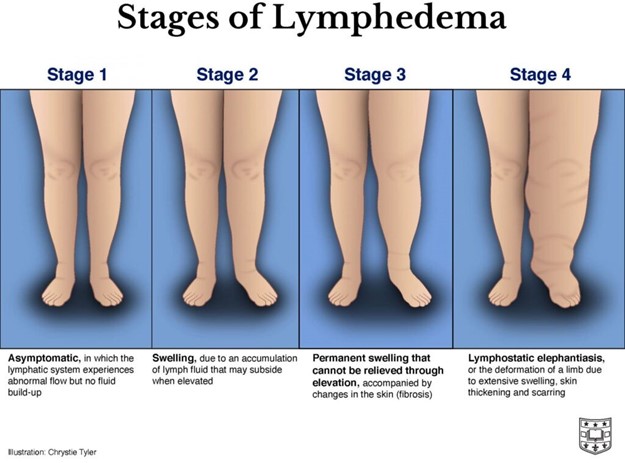Exhibit 1 Exhibit 2 Graphic Record Blood pressure 176/122 mm Hg Heart rate 136/min Respiratory rate 32/min Exhibit 3 O2 saturation 88%.
A nurse in the emergency department is caring for a client who was involved in an explosion.
Which of the following actions should the nurse plan to take first? (Click on the "Exhibit" button for additional information about the client.
Obtain an ECG.
Calculate the extent of burns using the rule of nines.
Notify the Rapid Response Team.
Initiate peripheral IV access.
The Correct Answer is C
The nurse should plan to notify the Rapid Response Team first.
The client’s blood pressure is elevated, heart rate is high, respiratory rate is high, and oxygen saturation is low.
These are all signs of potential instability and the Rapid Response Team should be notified immediately.
Choice A is incorrect because while obtaining an ECG may be important, it is not the nurse’s first priority in this situation.
Choice B is incorrect because while calculating the extent of burns using the rule of nines may be important, it is not the nurse’s first priority in this situation.
Choice D is incorrect because while initiating peripheral IV access may be important, it is not the nurse’s first priority in this situation.
Nursing Test Bank
Naxlex Comprehensive Predictor Exams
Related Questions
Correct Answer is C
Explanation
The first step when finding an unresponsive person is to check their breathing by tilting their head back and looking and feeling for breaths.
When a person is unresponsive, their muscles relax and their tongue can block their airway so they can no longer breathe.
Tilting their head back opens the airway by pulling the tongue forward.
Palpating for the client’s carotid pulse is a way to check if the client has a pulse and is still breathing.
Choice A: Initiating cardiac monitoring for the client is not an answer because it is not mentioned as the first action to take in my sources.
Choice B: Apply a blood pressure cuff is not an answer because it is not mentioned as the first action to take in my sources.
Choice D: Establishing an IV access is not an answer because it is not mentioned as the first action to take in my sources.
Correct Answer is A
Explanation
Acupuncture is commonly used to treat a wide range of illnesses and ailments including pain management, control of nausea and vomiting, fatigue, hot flashes, xerostomia, neuropathy, anxiety, depression, and sleep disturbance in cancer patients.
However, I could not find any information that suggests mouth sores (B), headaches, or urticaria (D) are contraindications for acupuncture.
Lymphedema is a contraindication for acupuncture because it can increase the risk of infection in the affected area.
It is important for the nurse to identify this as a contraindication to receiving acupuncture therapy.

Whether you are a student looking to ace your exams or a practicing nurse seeking to enhance your expertise , our nursing education contents will empower you with the confidence and competence to make a difference in the lives of patients and become a respected leader in the healthcare field.
Visit Naxlex, invest in your future and unlock endless possibilities with our unparalleled nursing education contents today
Report Wrong Answer on the Current Question
Do you disagree with the answer? If yes, what is your expected answer? Explain.
Kindly be descriptive with the issue you are facing.
